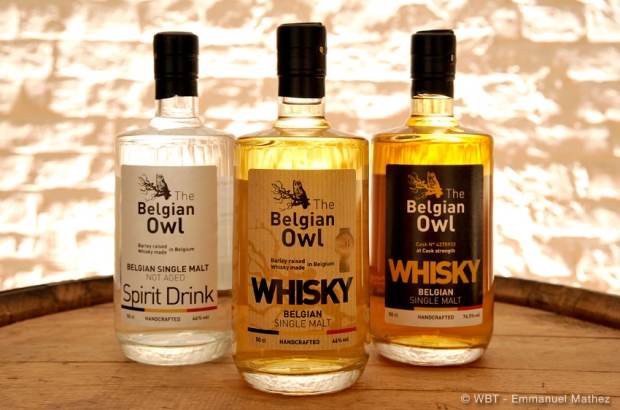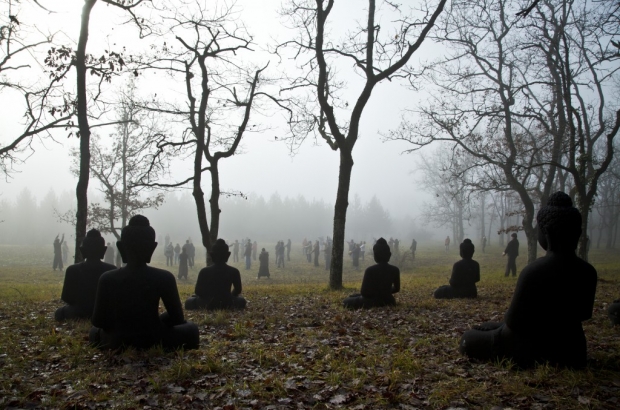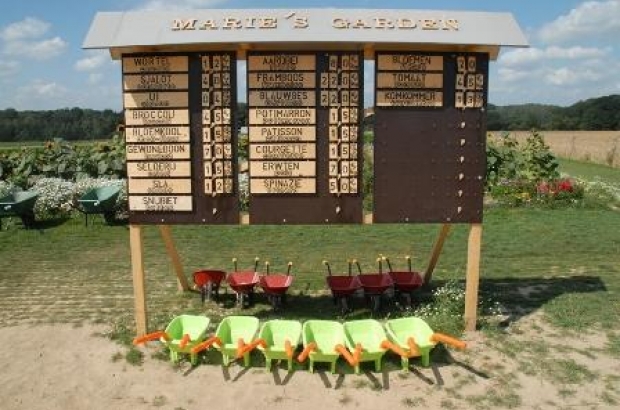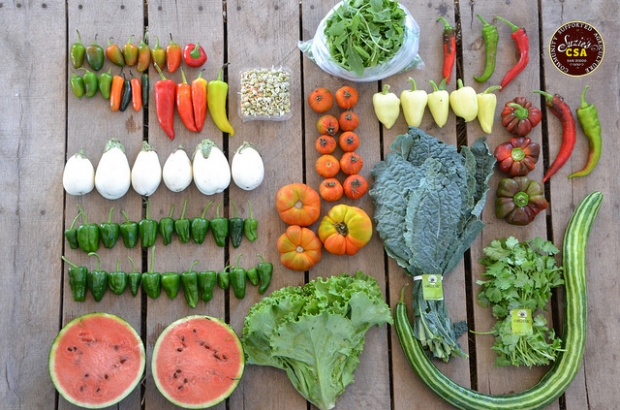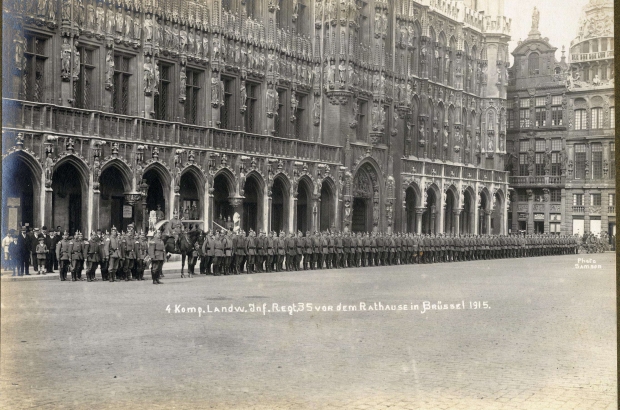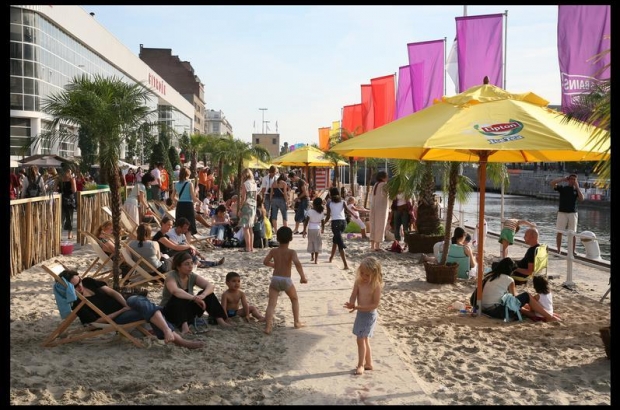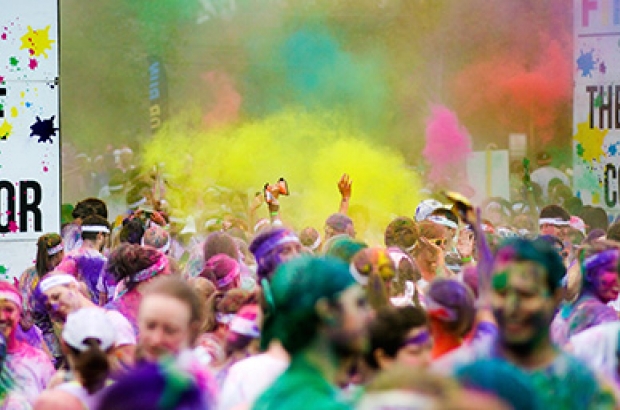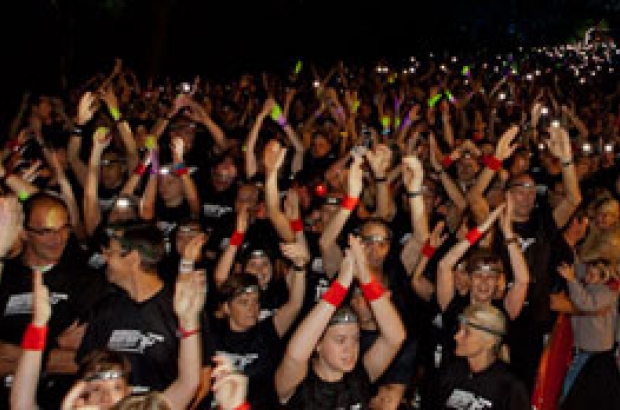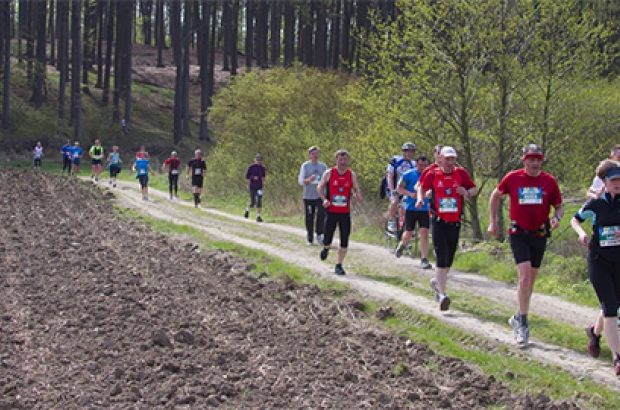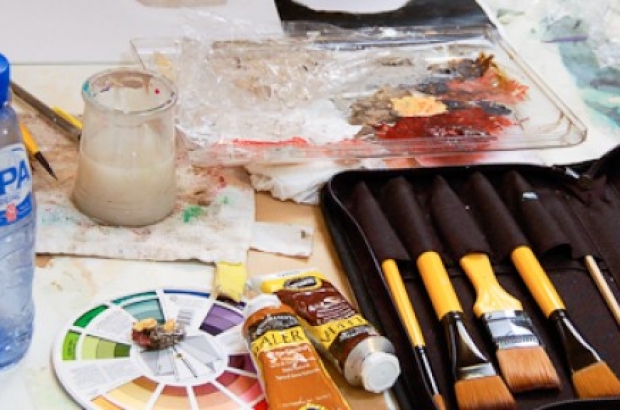5 ways to buy organic without breaking the bank
So you’ve donated to Greenpeace, all your bananas are fair trade, and you’re biking to work to lower your carbon footprint. Now you’ve decided you’re ready to go organic, but you’re worried your bank account can’t handle it.
The truth is, buying responsibly grown produce is more expensive than its non-organic, industrially produced counterparts. Mostly because in your standard supermarket, the producer of your food is probably not eking out a living off the tiny profit share the global food chain offers them. That’s why 24 farmers go out of business every week in Flanders alone.
But there are ways to keep organic foods from emptying your pockets. Here are five tips to hedge the cost of going organic, while getting fresher, more local food, and maybe meeting a farmer or two.
1. Shop smart
These days, all major supermarkets offer organic brands of packaged and fresh foods. However, the first thing to accept about buying organic is that not all organics are created equal. Eating an organic apple grown in Chile in July is different than eating one grown in Limburg in October. Even organic-certified products in supermarkets often have the same issues that mainstream products have: unfair earnings for producers and high environmental impacts through transport and packaging.
Luckily Brussels has no shortage of small organic shops where you can do your weekly vegetable shopping, such as Dolma and La Tsampa in Ixelles and Den Teepot, and Fårm in the city centre, to name a few. But there is a price for small.
The current leader in price-quality amongst organic shops in Brussels is Les Tanneurs Bio-market. Located inside the beautiful halls of the old Les Tanneurs wine bourse in Les Marolles, this market is significantly cheaper than the other shops in Brussels. According to one employee, this is because they try their best to buy as directly as possible from the farmers, cutting out many of the intermediaries along the way. They also have an extensive selection of dried fruits, legumes and nuts to be bought in bulk, a counter for local and bio cheeses, and upstairs is a shop for responsibly made clothing and housewares.
You can also go the traditional route and visit the bio-stands at any of the many weekly markets that take place throughout the city, which usually are priced slightly under the costs at a brick-and-mortar shop. Showing up at the end of the market may score you better deals as sellers what to get rid of their produce. Amongst the most popular are Flagey’s Saturday and Sunday markets, Chatelain on Wednesday evenings and the Monday-night market on Place Van Meenen in front of the Saint Gilles town hall.
2. Join a CSA
If you are committed to the idea of eating local and organic and are willing to step away from the convenience of your neighbourhood shop, you might want to join a CSA. CSAs, or community-supported agriculture, are cooperative farms where consumers pay a single price directly to the farmer for a share in the harvest of that season. In this sense, members are like shareholders of the farm.
CSAs can be significantly cheaper than shops and markets, because there is no middle person between the farmer and you. But they can require a larger commitment, it is often cheaper if members are willing to come to the farm to self-harvest their produce. Otherwise, the farmer brings the produce to a weekly meeting point where members come to collect their shares.
In Flanders there is the CSA Network, where you can find a list of CSA farms in every corner of the region, including several near Brussels. Farms within a half-hour drive of Brussels include De Wakkere Akker in Herent, De Witte Beek in Bierbeek, Het Open Veld in Leuven and Eoster near Aarschot.
The main active CSA in Brussels itself is the farm Chant des Cailles, which currently grows food for 50 members. The umbrella organisation GASAP can help you find other options near you.
3. Order a basket
If you’re looking for less of a commitment than a CSA but for the price cuts of a drastically shortened food-supply chain, then organic produce baskets might be just what you’re looking for.
Enquire at your local organic shop to see if they offer fruit and vegetable baskets. You’ll pay a weekly price and can pick up a box of seasonal fruits and vegetables on a given day. There are many different farms and collectives that offer baskets. Les Paniers Verts is amongst the most popular, but all offer different sizes and options for fruit and veg mixes at different prices. Some businesses also offer deals where if you get a certain number of people in one location to sign up – such as colleagues at your office – then they will deliver directly to you, saving you a trip to the store entirely. You can view all your options on the website BioGuide.
4. Join a community garden
A great way to save money and eat healthy is to grow your own vegetables. Brussels has a large number of community gardens that you can join. The non-profit organisation Le Début des Haricots and the website Les Potagers Urbains are great sources to find community gardens and other agriculture projects near you.
Of course, any small amount of window, terrace or backyard space can produce at least a few of the things you spend money on – tomatoes, courgettes, herbs. A good place to buy organic seeds and plantlets is from the farm Nos Pilifs, an impressive operation in Neder-Over-Heembeek complete with garden, shop, green nursery and restaurant. They also work hard to offer job and training opportunities to people with disabilities.
5. Buy less
Yes, organic costs more, certainly in the shops. But many people who buy organic say that the easiest way they offset the price difference is to simply minimise on spending. One regular organic shopper told to me, “It’s more pricey, so I end up buying less. The things that don’t end up in my basket are the expensive chips, cookies and snacks – the things I should probably do without anyway. So in the end I’m eating fresher food.”
Photo courtesy of Flickr/Suzie's Farm


